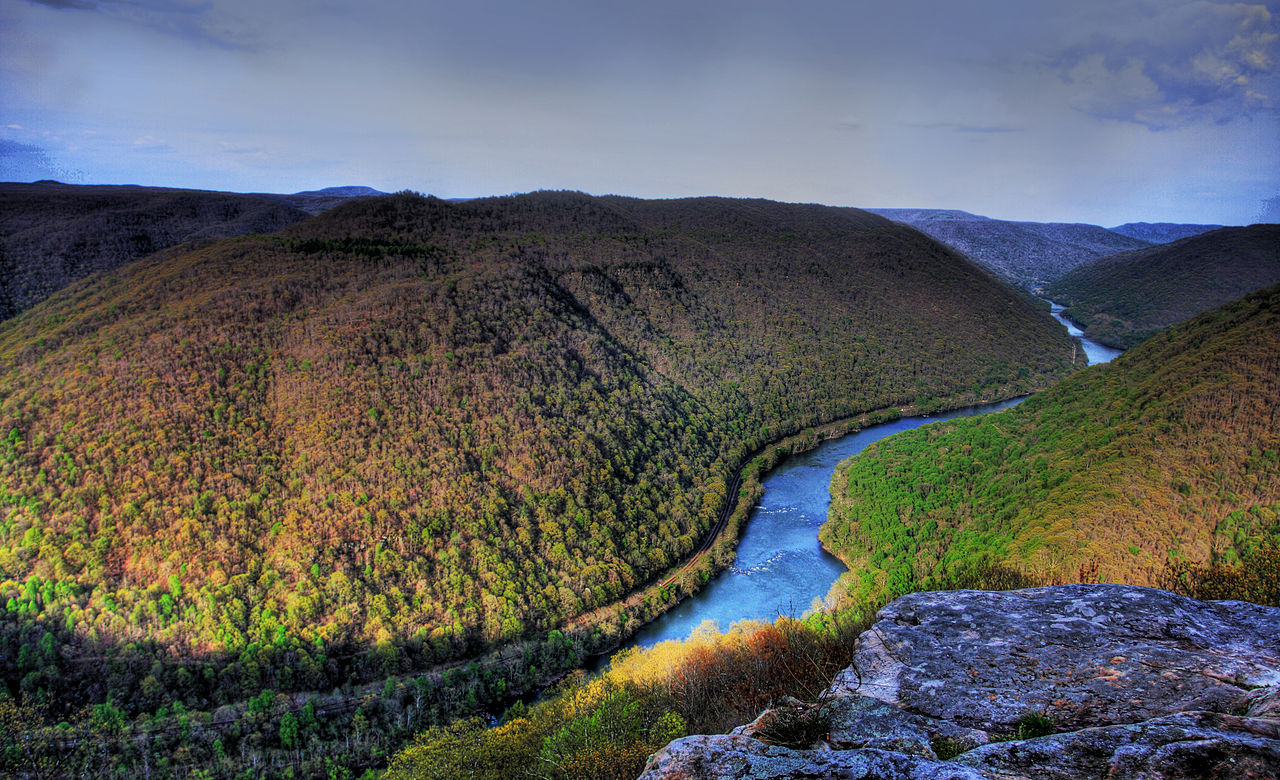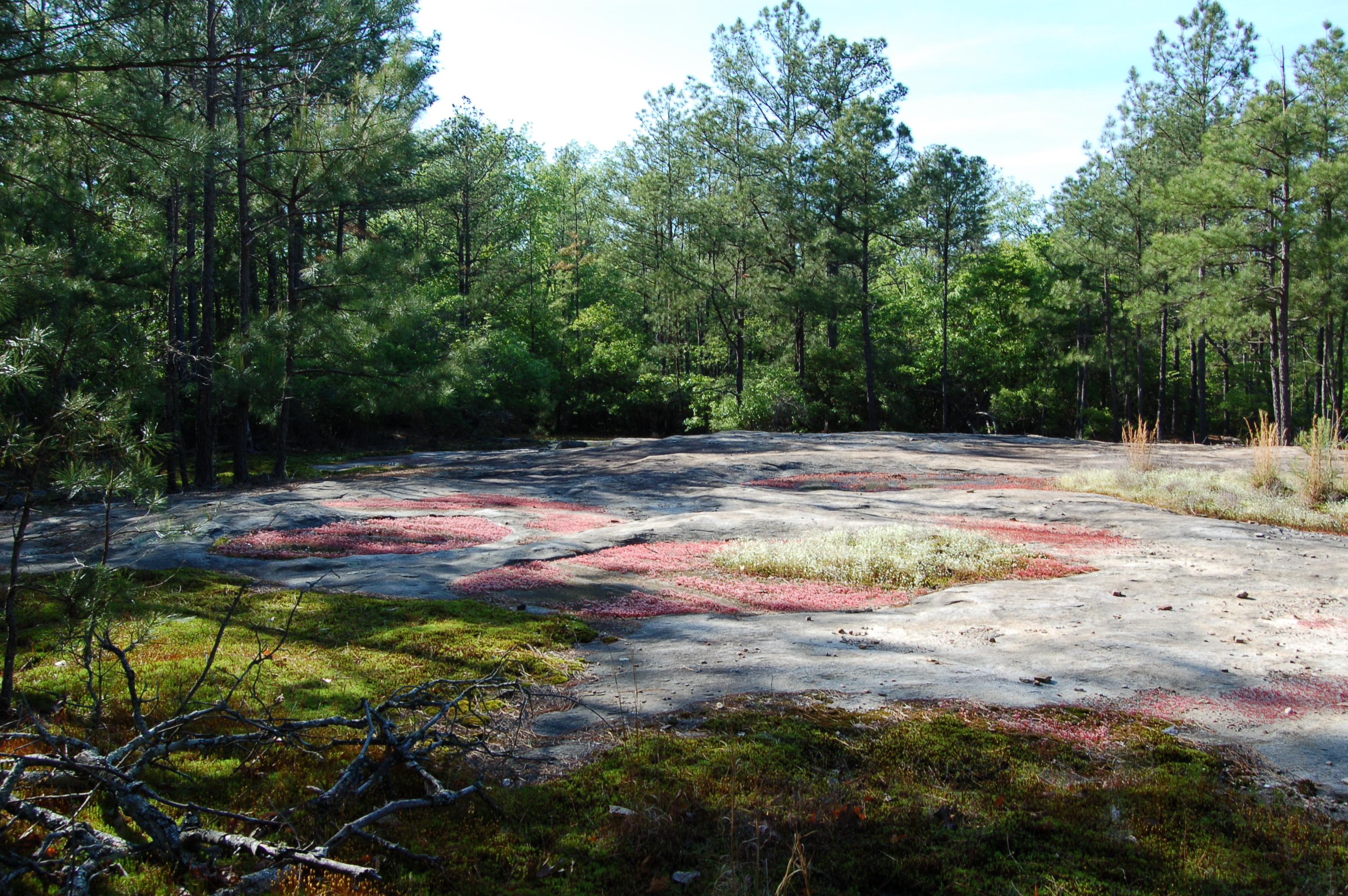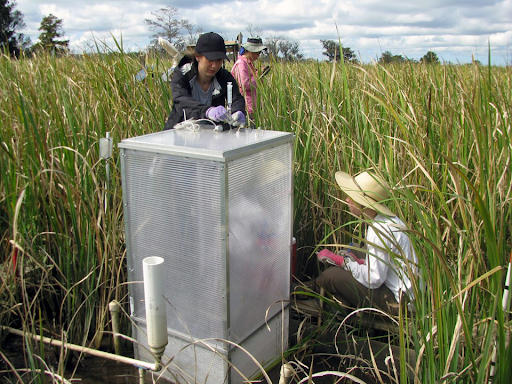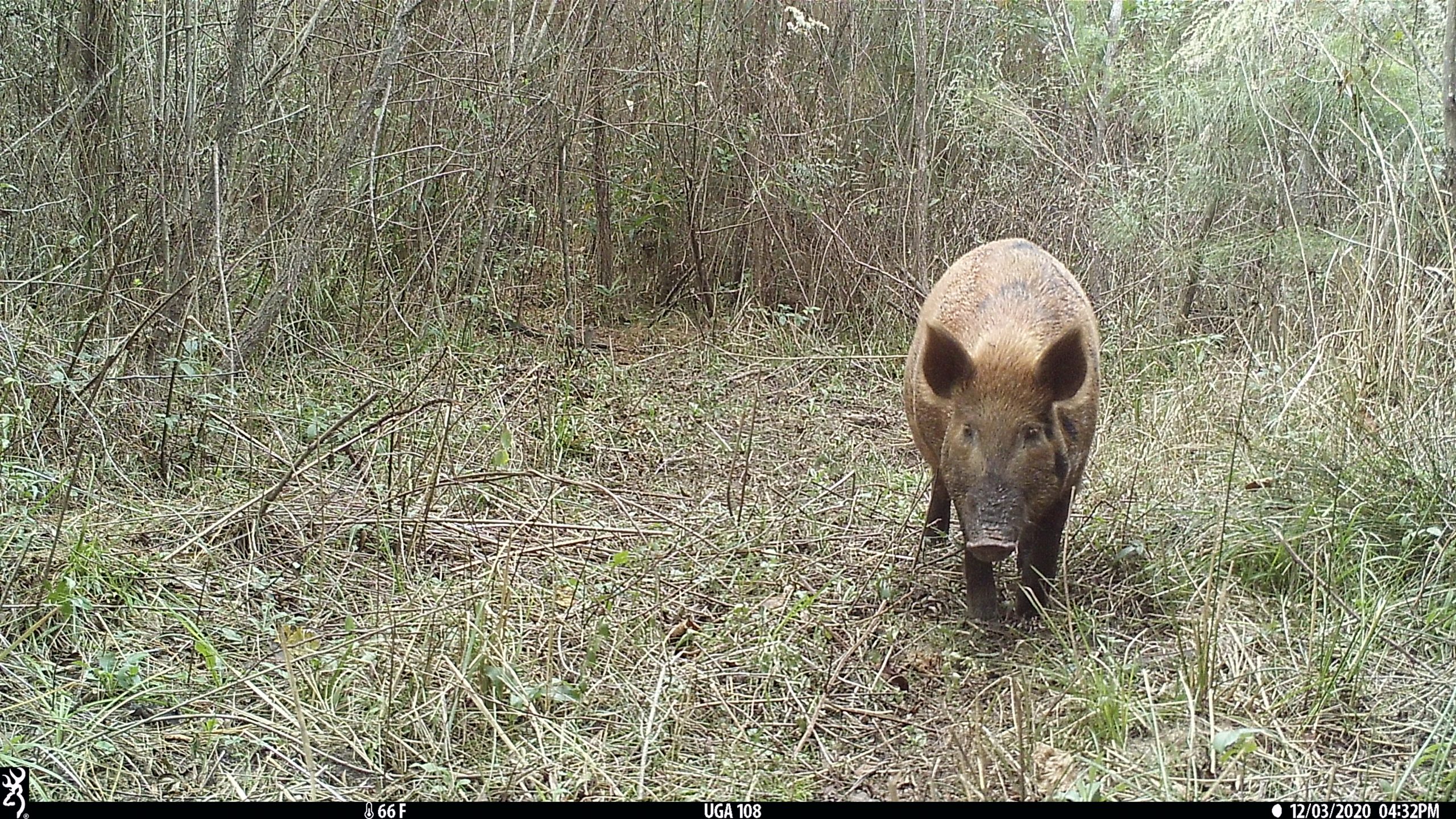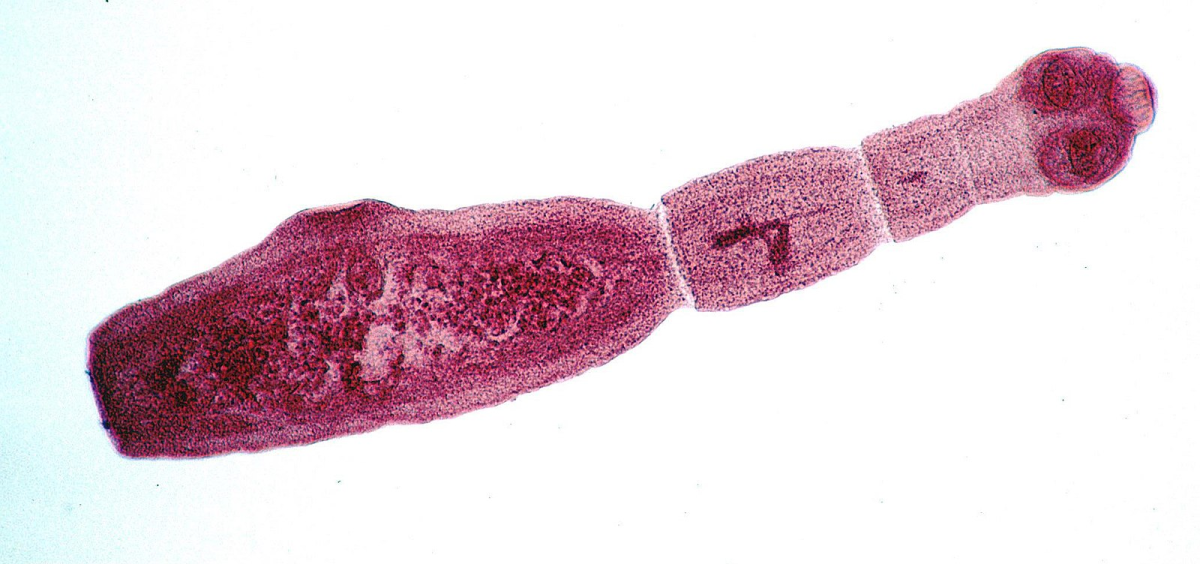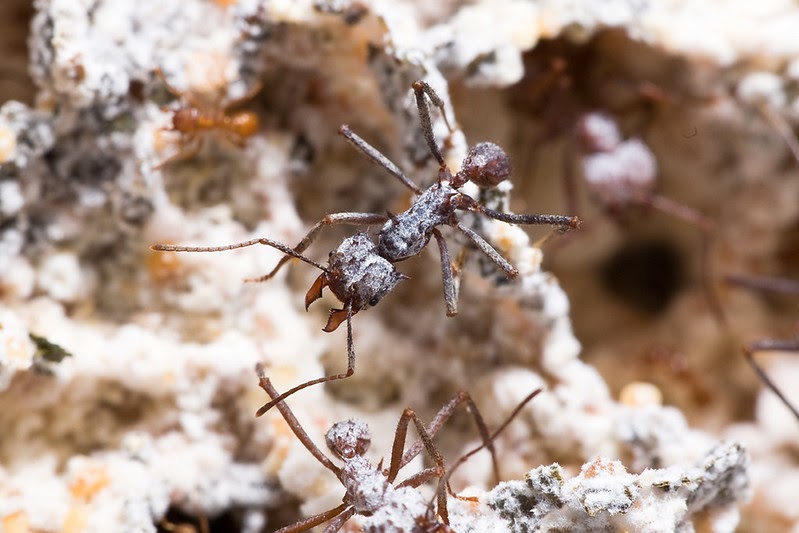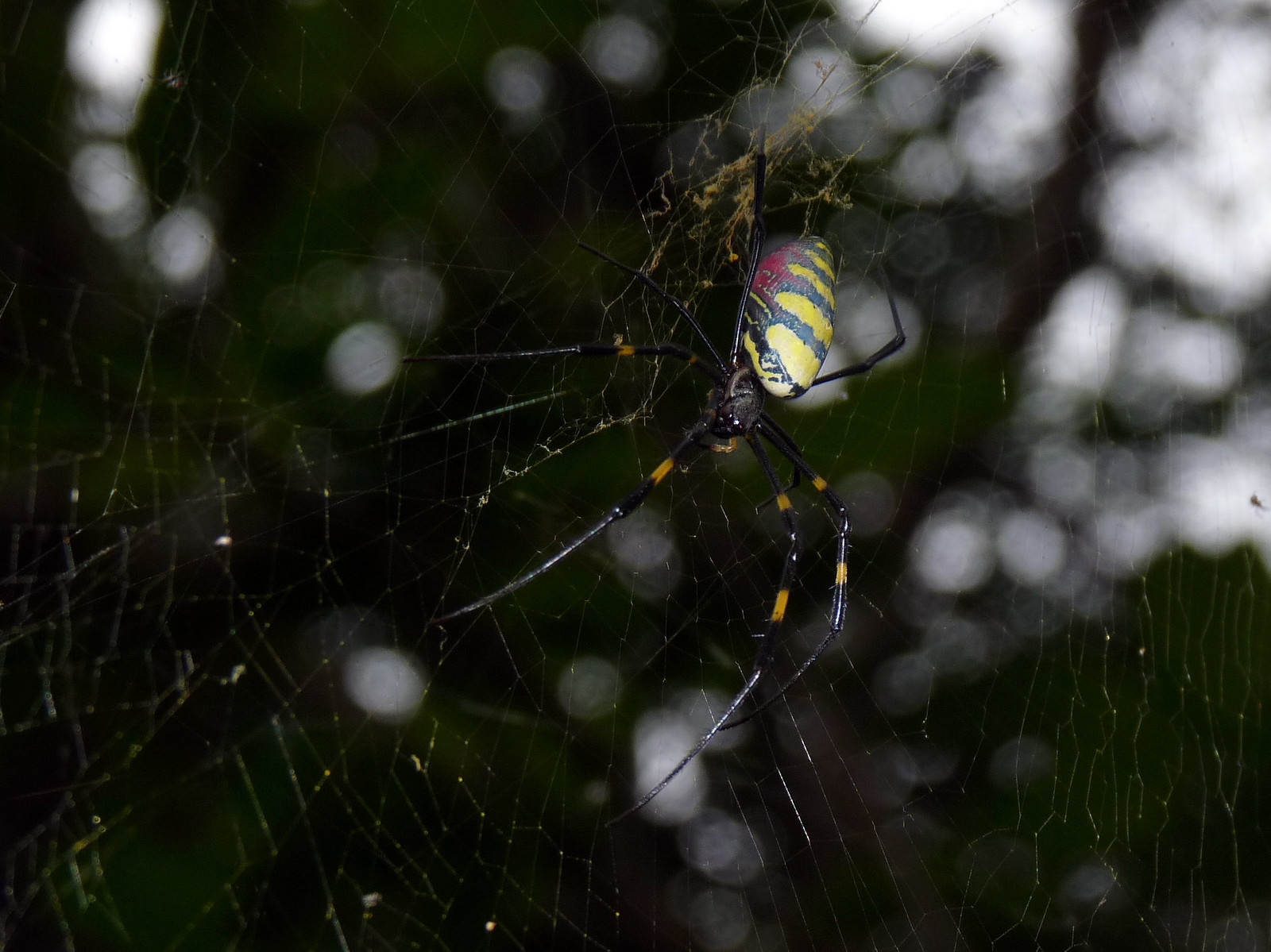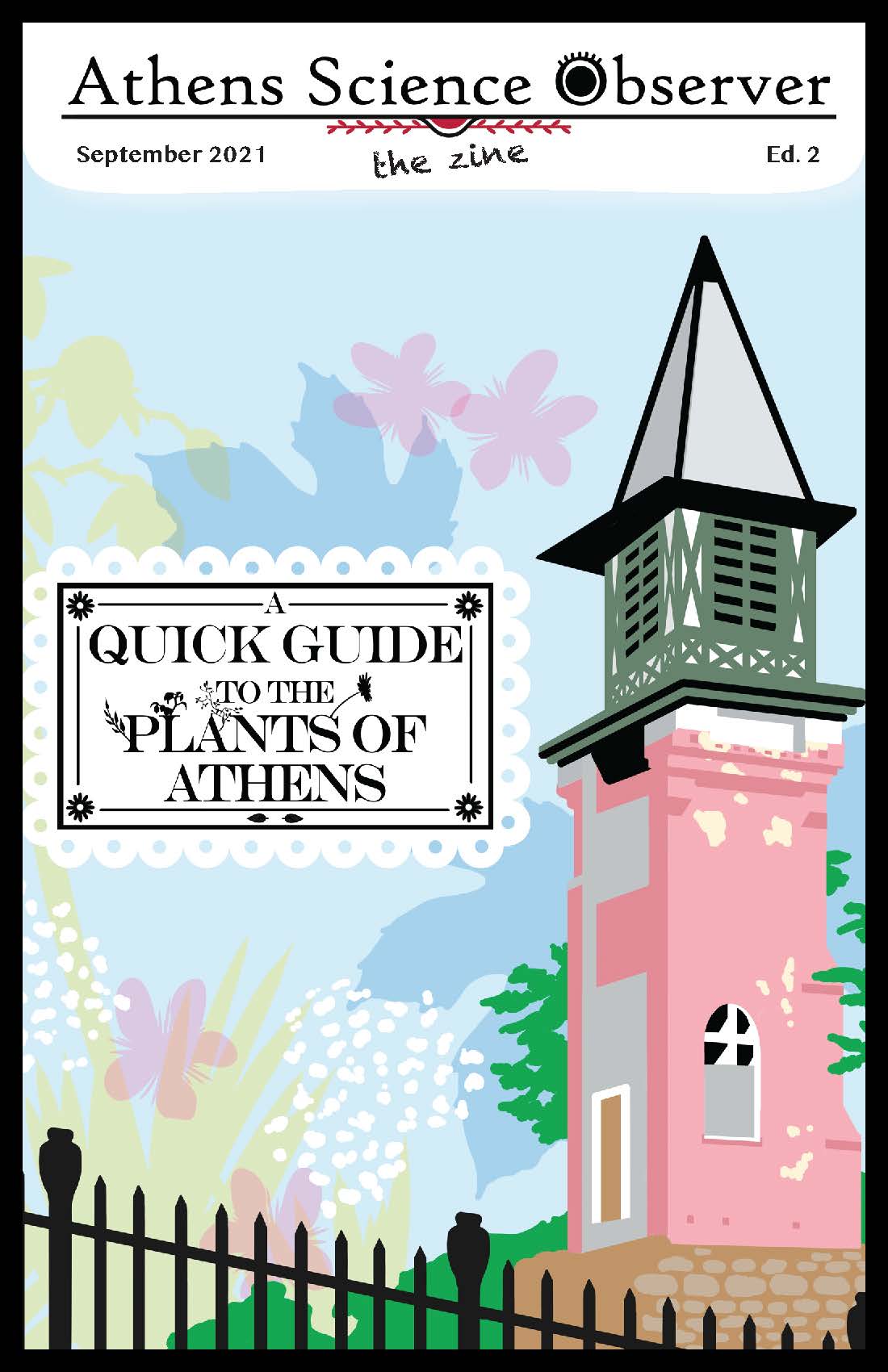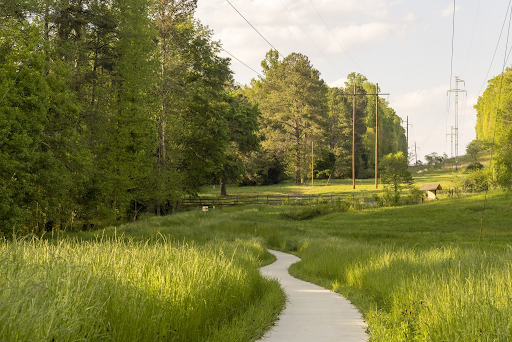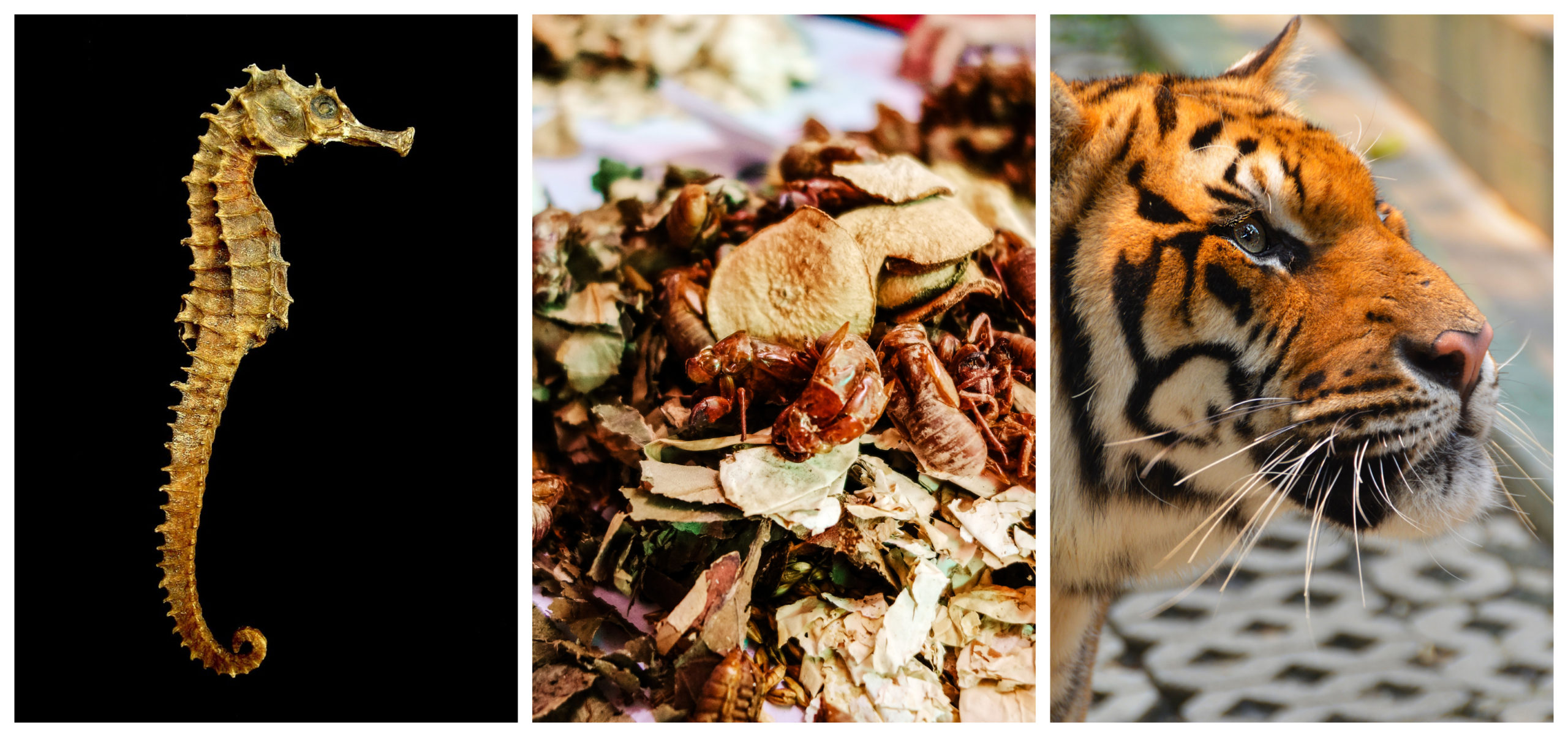
The Disconnect Between Traditional Chinese Medicine and Conservation, and How We Resolve It
Picture this: you find yourself strolling into a small, crowded shop in downtown Hong Kong. As you cross the threshold, a barrage of strange sights and smells attacks your nose and vision. As you turn your gaze to the walls, you notice shelves upon shelves of animal parts, mysterious fungi, and dubious bunches of dried


